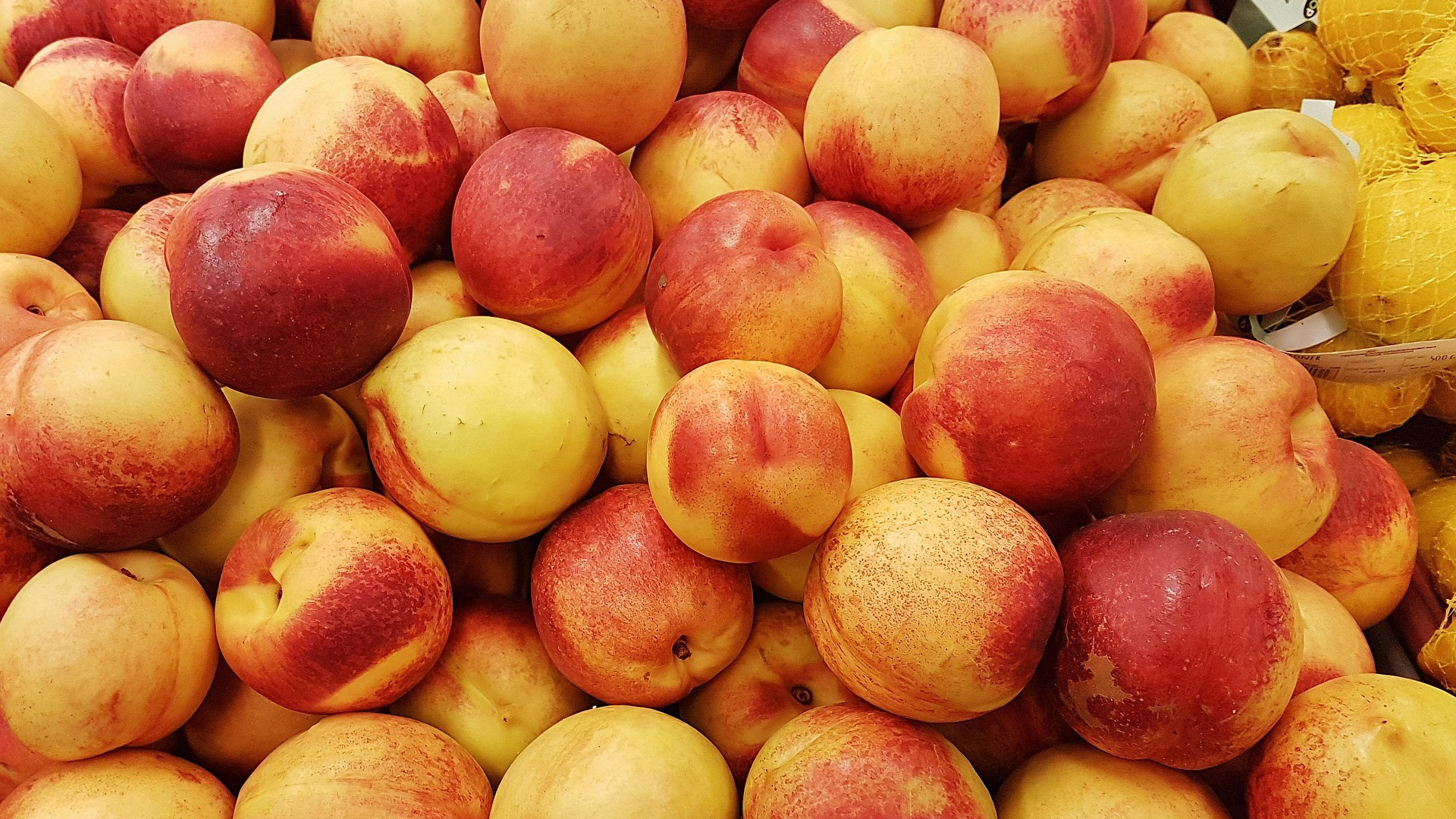

Organic food has become a popular choice for many families today. But amidst the growing trend, a critical question arises: Are the benefits of organic foods worth the extra cost? Here we’ll aim to unravel the truth about organic foods, examining their advantages and disadvantages to help you make an informed decision for your family’s health and happiness.
Understanding Organic Food
Organic foods are produced using methods that comply with the standards of organic farming. These standards vary worldwide, but organic farming generally features practices that promote ecological balance, conserve biodiversity, and avoid the use of synthetic pesticides and genetically modified organisms (GMOs).
Proponents of Organic Food Say They…
1. Reduce Your Exposure to Pesticides
One of the main benefits of organic foods is the lower level of pesticide residues. Since organic farming restricts the use of synthetic pesticides, consuming organic produce can reduce your exposure to these chemicals.
2. Provide Nutritional Advantages
Some studies suggest that organic foods may have more beneficial nutrients, such as antioxidants, compared to conventionally grown counterparts. However, the difference in nutrient content is not universally significant across all food items.
3. Reduce Environmental Impact
Organic farming practices are designed to reduce pollution and conserve water, enhance soil fertility, and reduce soil erosion, contributing to a more sustainable environment.
The Downsides: Cost and Accessibility
1. Higher Costs
Organic foods typically cost more than their non-organic counterparts. The higher price is due to more expensive farming practices, like the use of natural fertilizers and pesticides, and lower crop yields.
2. Limited Availability
Organic foods are not always as readily available as conventional foods. In some regions, there can be a limited selection of organic products.
Making an Informed Decision
Weigh the Costs and Benefits
Consider whether the benefits of reduced pesticide exposure and potential nutritional advantages outweigh the higher cost, especially if you’re on a budget.
Prioritize Certain Foods
If going fully organic is not feasible, consider prioritizing certain foods. For example, the Environmental Working Group’s “Clean Fifteen” list highlights produce with the lowest pesticide residues.
Look for Certifications
Ensure that the organic foods you purchase are certified. This guarantees that they meet standard organic farming practices.
Consider Local and Seasonal Foods
Often, local and seasonal organic foods are fresher and more affordable. Plus, supporting local farmers can have environmental and community benefits.
While organic foods offer several benefits, such as reduced pesticide exposure and a smaller environmental footprint, they also come with higher costs and limited availability. The decision to go organic should be based on your personal health goals, budget, and values. By making informed choices, you can ensure that you’re choosing the best options for your family’s health and happiness.


